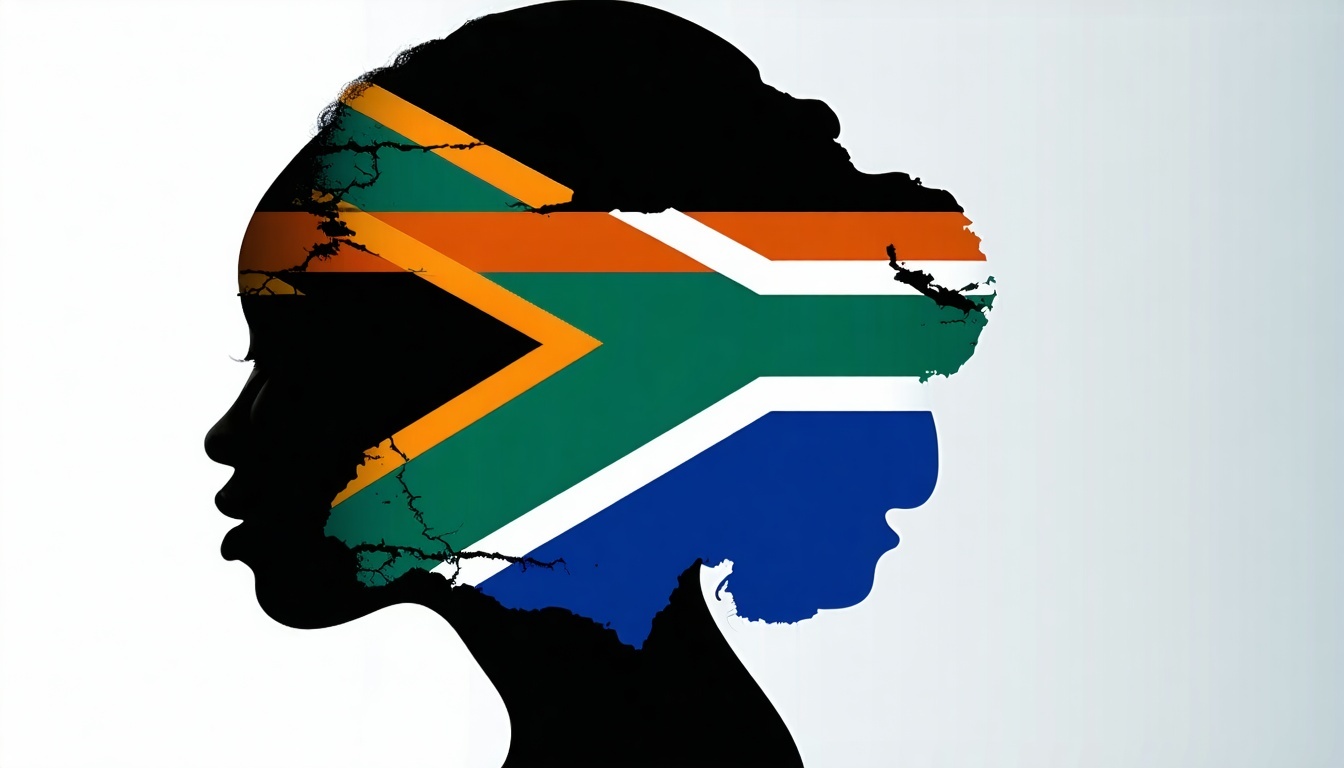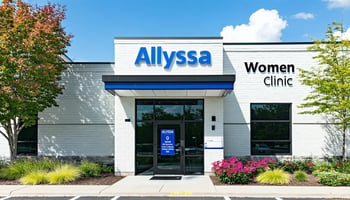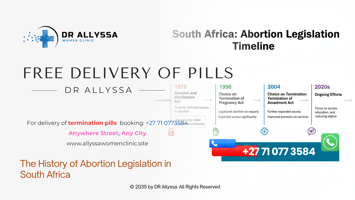Navigating the process of finding a legal abortion clinic in Nelspruit can be daunting, but...
Is Abortion Legal in South Africa? What You Need to Know

Uncover the critical facts about the legal status of abortion in South Africa and understand your rights.
Understanding the Choice on Termination of Pregnancy Act
The Choice on Termination of Pregnancy Act, enacted in 1996, is the cornerstone of the legal framework governing abortion in South Africa. This Act allows women the right to terminate a pregnancy under certain conditions, ensuring that the procedure can be carried out safely and legally. It was a significant step towards reproductive rights, aimed at reducing the health risks associated with illegal abortions.
Under this Act, women are granted autonomy over their reproductive health, providing them with the legal right to choose to terminate a pregnancy within specified gestational limits. The Act also emphasizes the importance of providing safe, accessible, and nonjudgmental abortion services to all women, regardless of their socio-economic status.
Who Can Access Abortion Services?
Abortion services in South Africa are available to any woman who seeks to terminate her pregnancy, provided she meets the legal requirements stipulated by the Choice on Termination of Pregnancy Act. This includes women of all ages, although those under the age of 18 are encouraged to seek counseling or involve a trusted adult, though it is not a legal requirement.
The Act ensures that abortion services are free of charge at public health facilities, making them accessible to women from all walks of life. Private clinics, like Allyssa Women Clinic, also provide these services, though they may charge a fee. Regardless of the provider, the law mandates that all services must be delivered in a confidential and nonjudgmental manner.
Where Can You Get a Legal Abortion in South Africa?
Legal abortions can be performed at designated public health facilities and private clinics that are registered and approved to provide these services. Allyssa Women Clinic is one such private facility that offers safe, legal, and compassionate pregnancy termination services in Johannesburg and Midrand.
Public hospitals and clinics provide free abortion services, but these facilities may have long waiting times and limited appointment availability. On the other hand, private clinics like Allyssa Women Clinic offer more immediate appointments, ensuring timely care. It is crucial to verify that the facility is legally authorized to perform abortions to avoid the risks associated with unregulated providers.
What Are the Conditions for Legal Abortion?
In South Africa, the gestational limits for legal abortions are clearly defined by the Choice on Termination of Pregnancy Act. Abortions are legal on request up to 12 weeks of pregnancy. From 13 to 20 weeks, abortions are permitted if the pregnancy poses a risk to the woman's physical or mental health, if there is a substantial risk that the fetus would suffer from severe physical or mental abnormalities, or if the pregnancy resulted from rape or incest.
Beyond 20 weeks, abortions are only permitted under exceptional circumstances, such as if the pregnancy endangers the woman's life or could result in severe malformation of the fetus. These conditions ensure that abortions are conducted safely and ethically, prioritizing the health and well-being of the woman.
Support and Counseling Services Available
At Allyssa Women Clinic, we understand that the decision to terminate a pregnancy can be emotionally challenging. Therefore, we provide comprehensive support and counseling services to help women make informed decisions and cope with their choices. Our trained counselors offer confidential, nonjudgmental guidance both before and after the termination procedure.
In addition to emotional support, we also offer practical advice on contraception and family planning to help prevent future unplanned pregnancies. Our goal is to ensure that every woman feels supported and empowered throughout her reproductive health journey. For more information, please visit our counseling and aftercare services page.
.png?width=200&height=65&name=Untitled%20design%20(68).png)


